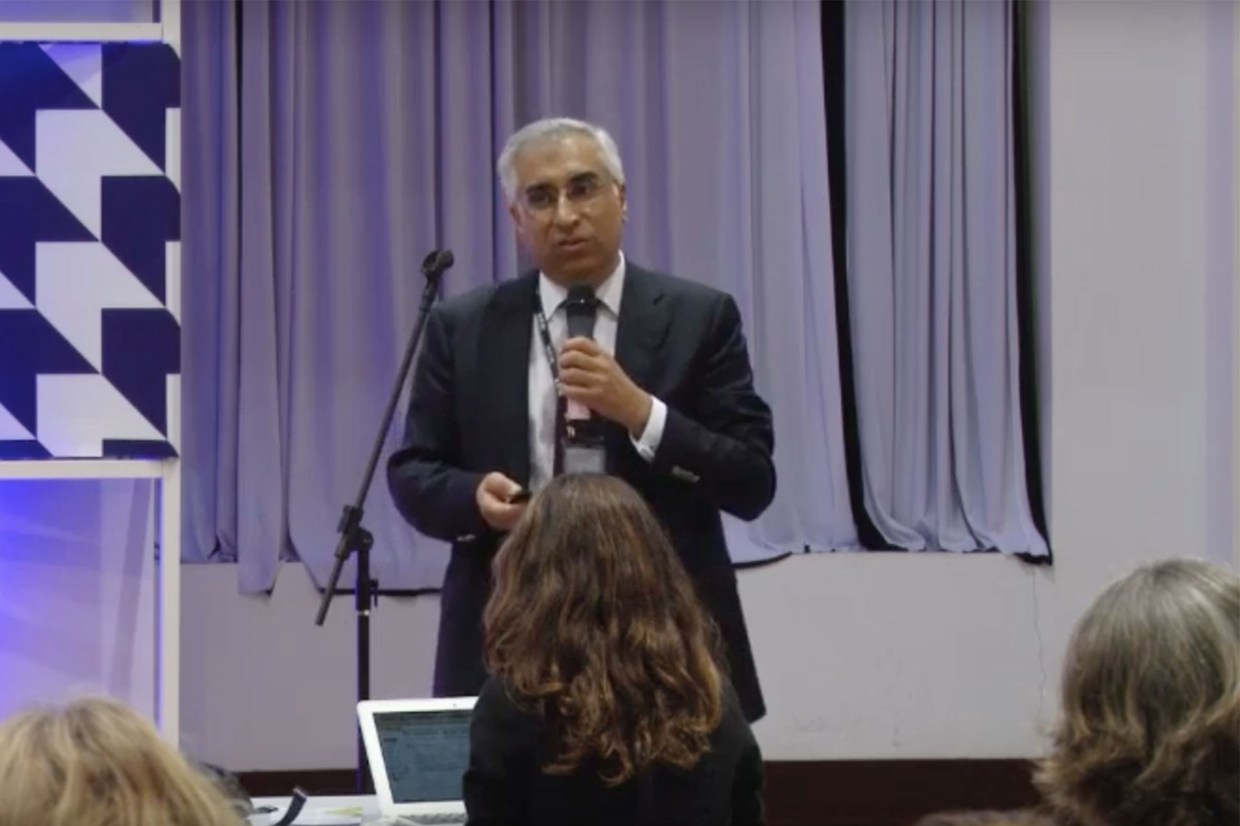
If you live in the UK, Big Brother is watching you read this article. He’s shaking his head as he draws up your data and compares it with criminals, terrorists and, of course… anti-government protesters. Did I watch Minority Report once too often? Perhaps. But this scenario isn’t fiction;
It’s almost upon us: the new Investigatory Powers Bill, which is making its way through Parliament, will give UK officers the power to sift through everybody’s browsing history. And with the power of computing and the emergence of Big Data analysis, it doesn’t take a big imagination for one to foresee the likely outcome of this bill.
One of the bill’s key provisions is to expand the power of the police to view your Internet Connection Records (ICRs). An ICR is a list of every website you have ever connected to. Yes, watching that My Little Pony video that one time, was a mistake. Google knows it, and now the police do too. And, no. Clearing your browsing history does nothing- Internet Service Providers are required by law to maintain the browsing history of every user for a year. The authorities may obtain these records whenever they wish.

While VPNs or TOR might safeguard you from that aspect of the bill, be mindful that the bill has also granted the police a more direct means of securing your data, should you be unlucky enough to garner their attention. You see, the police, the Home Office and even public authorities like… tax officers… will also greater freedom to directly hack into your computer.
While the previous versions of the bill only allowed police to view illegal websites you visited, the current version allows them to see everything – as long as officers believe that it is relevant to their investigation (it might be easier to ask them what they consider to be irrelevant).
These changes were made after the legislators apparently caved into police demands, who apparently claimed that they needed the powers to combat sophisticated online crime.
The bill also forces tech companies that run services like WhatsApp to weaken their security when the government requires them to, even to the extent of removing end-to-end encryption.
The bill isn’t going to target online criminals. Any real criminal will find a means of avoiding detection. Instead, it will target the people who normally do not have access to resources or the know-how necessary to completely avoid detection: the average person.

Even the UN’s new privacy chief, Joe Cannataci weighed in on the issue, and has said that its provisions “run counter to the most recent judgement of the European Court of Justice and the European Court of Human Rights, and undermine the spirit of the very right to privacy.”
The man had previously called the UK’s surveillance “worse” than George Orwell’s 1984 and “a rather bad joke at its citizens’ expense”.
Sources: The Independent, Wired, Tech City News, Ars Technica
This article (UN Criticizes UK Spy Laws: Police to View Everyone’s Browsing History, Hack Into Computers) is a free and open source. You have permission to republish this article under a Creative Commons license with attribution to the author(CoNN) and AnonHQ.com.




